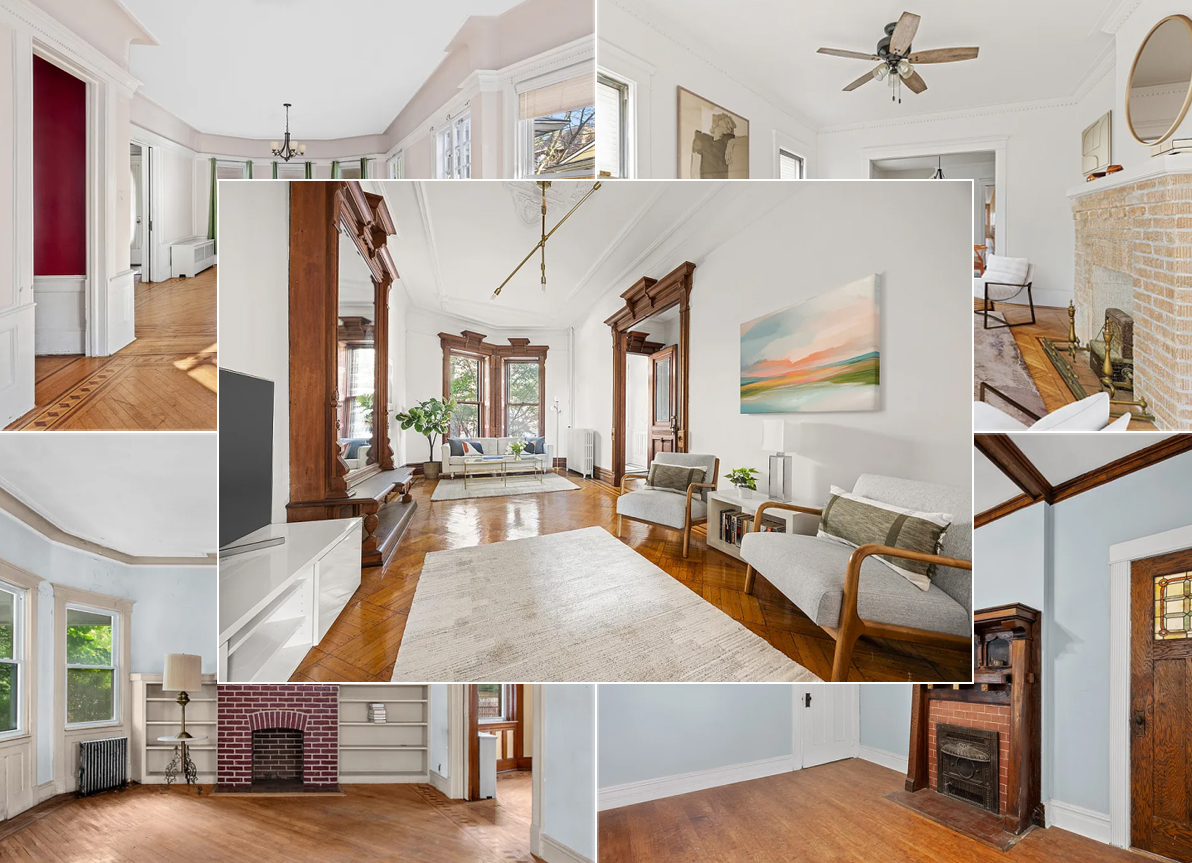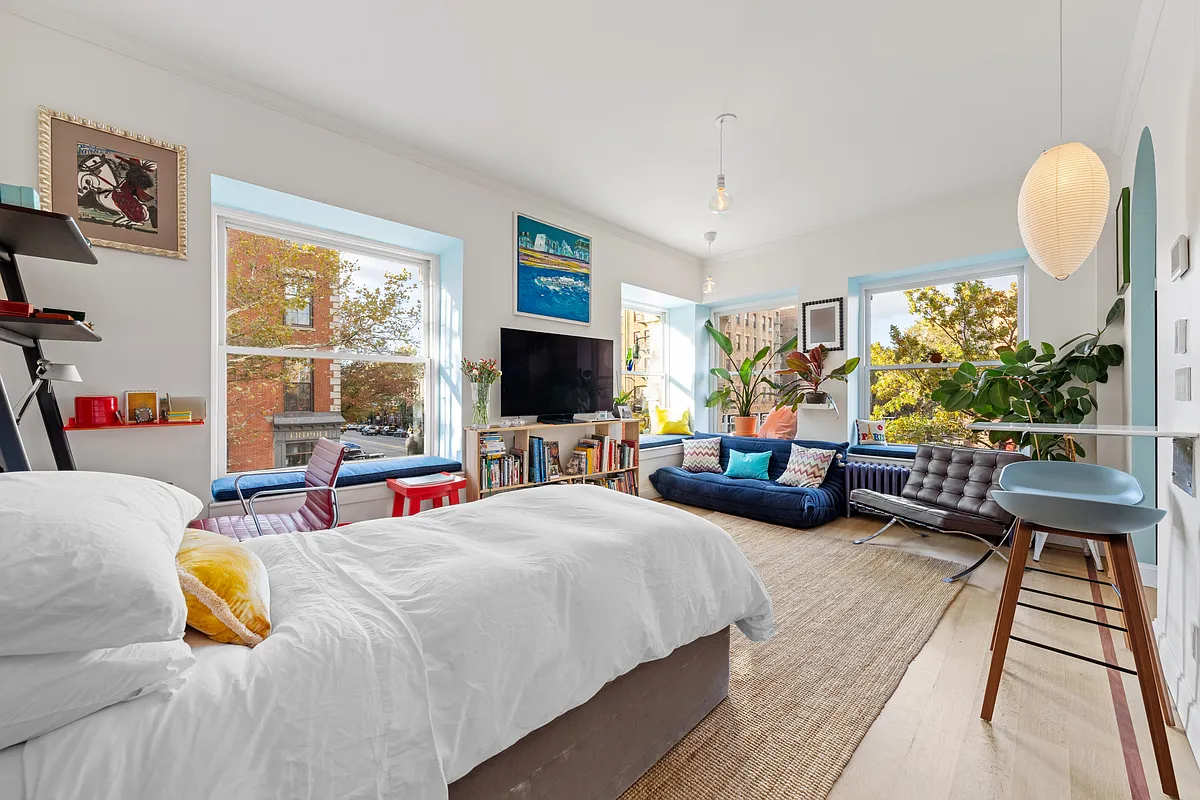NYT: Housing Not Out of the Woods Yet
“Plenty of pain yet to come,” is how one economist summed it up in an article in the New York Times this morning about the country’s housing market. The article’s main point is that the improving data we’ve seen over the past three months may very well be a head-fake rather than the first leg…


“Plenty of pain yet to come,” is how one economist summed it up in an article in the New York Times this morning about the country’s housing market. The article’s main point is that the improving data we’ve seen over the past three months may very well be a head-fake rather than the first leg of a recovery:
Artificially low interest rates and a government tax credit are luring buyers, but both those inducements are scheduled to end. Defaults and distress sales are rising in the middle and upper price ranges. And millions of people have lost so much equity that they are locked into their homes for years, a modern variation of the Victorian debtor’s prison that is freezing a large swath of the market.
Closer to home, the data from Case-Shiller show that New York City is still holding up relatively well, with prices down just 10 percent over the last year, as compared to 30 percent in Las Vegas and 15 percent in Seattle.
Fears of a New Chill in Home Sales [NY Times]
Graph from the New York Times





We live in Bushwick, and we are moving to Bed Stuy in a few weeks. People tend to have children after they complete their education. The vast majority of people in my neighborhood have children.
I am really sorry I missed this calm and well reasoned discussion that happened on this thread.
I would just like to point out that renters with kids are the vast majority of people in Brooklyn. I guess that’s pretty obvious. About two-thirds of my neighbors are renters with kids, and the other third own the building they live in. Most of them are plumbers, handymen, own laundromats or small stores, construction workers, movers, work for Verizon or National Grid, electricians, drive a car service, etc. Quite a bit of talent on my block, makes me feel safe
>>>>
Mopar, which brooklyn neighborhood do you live in?
MM–no doubt about everything you said. Every person’s experience and needs are different. I have an unusual amount of flexibility in my live/work situation which makes owning more affordable to me than to a lot of people. And as you know I completely respect your choices and your attitude about the whole thing. Your situation makes perfect sense to me. Anyway, cheers to everyone for an interesting discussion on a frequently heated topic!
Wasder – you made your choice and you have pointed out here you are happy with it. Sounds like you love your home, got a pretty good deal, and can afford it. So, that’s great! But I still think there IS an argument to be made for renting in this climate. I don’t think that we are going to be renting “indefinitely” – I hope to buy sometime within the next few years – but if I have to wait a bit longer before finding something I like at a decent price, I really don’t mind, when the market direction is stagnating at best, or more likely, continuing to drip down further. For us, school is a major piece of our decision too since we’re renting in a good school zone, and maybe once our youngest is in school, we’ll feel more “free” to buy anywhere (until that time, we’re looking only in areas with very good public schools).
mopar—of course there are many many renters with kids but my choice was between selling my coop apt on the birth of my second and buying a house or renting. That what was spurring my part of this debate, whether or not it would be better to buy into a declining market for the security and comfort of it or rent indefinitely as BHO was advising me to do last summer.
mopar, pointing out incorrectly there.
There are 880,727 households out of which 33.3% have children under the age of 18 living with them, 38.6% are married couples living together, 22.3% have a female householder with no husband present, and 33.7% are non-families. 27.8% of all households are made up of individuals and 9.8% have someone living alone who is 65 years of age or older. The average household size is 2.75 and the average family size is 3.41
moparty!
Look who’s back! All my eyes and ginger!